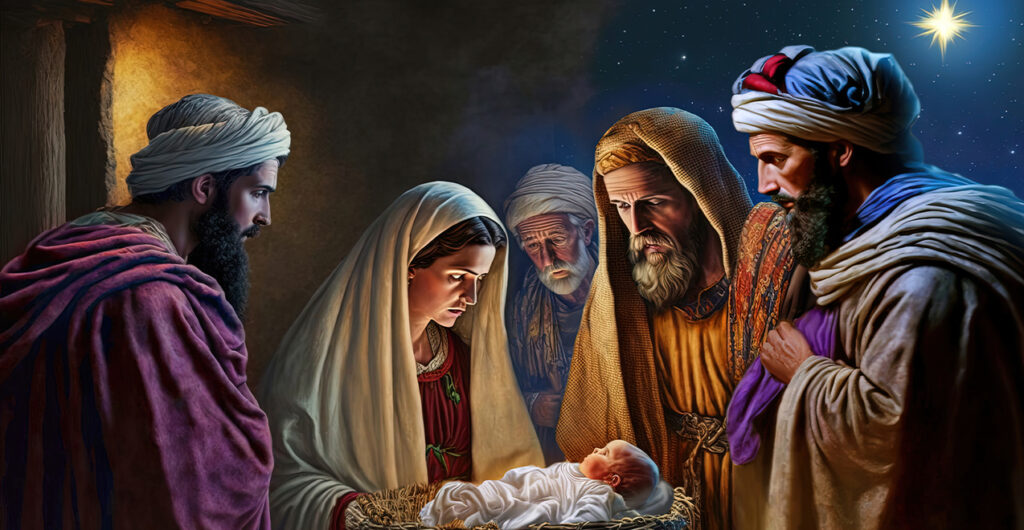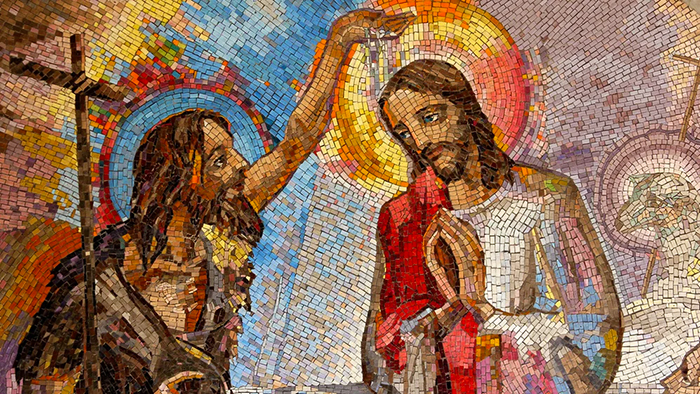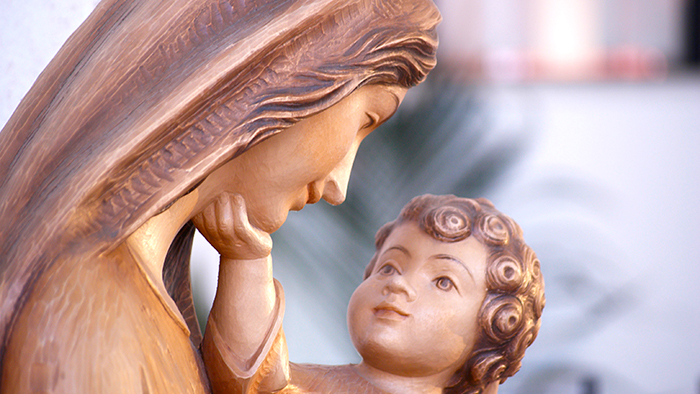
Our story begins with a young man who had been having an affair with his girlfriend, and she became pregnant. For a variety of reasons, marriage was impossible. The pregnancy would have an irrevocable impact on a series of lives, his girlfriend’s, his own, and their families, not to mention the child that would be born. The story ended on a note of despair: “I was irresponsible and this has, forever, hurt some people because even God can’t unscramble an egg!” Fr. Ron Rolheiser writes that for him, it now seemed, there would always be a certain skeleton in the closet, a past ghost to haunt his happiness. The cross of Jesus reveals that we can live, and live happily and healthily, beyond any egg we have ever scrambled. That is the central message of the cross. How does the cross tell us this? The cross of Jesus tears apart that veil and lets us see inside the holy of holies, the heart of God. And what do we see there? Unfathomable love, unfathomable forgiveness, compassion, and tenderness beyond understanding. In the cross, God tells us: “You can do this to me – and I will still love you!” An elderly nun, whom I love and respect, is fond of saying: “I’m a loved sinner!” The secret to spiritual health is to acknowledge both parts of that equation in the roots of our souls: We are sinners without any need to rationalize or excuse ourselves, even as we have the sure knowledge that God loves us, deeply and irrevocably, in our weakness. The cross gives us that assurance by telling us precisely that God doesn’t stop loving us, even for one second, irrespective of weakness. The cross of Christ is a rich reality. Among other things, it tells us how God loves and redeems us even when we are unfaithful, and our lives are broken. It is not surprising that hundreds of millions of people, young and old, wear a cross in some form. The cross of Jesus is everywhere evident. We see it on hillsides, on church spires, in cemeteries, and almost everywhere where anything special, love or tragedy, has happened. Rightly so. The cross is the ultimate symbol of love. It shows what love is, what love costs, and what love does for us.









